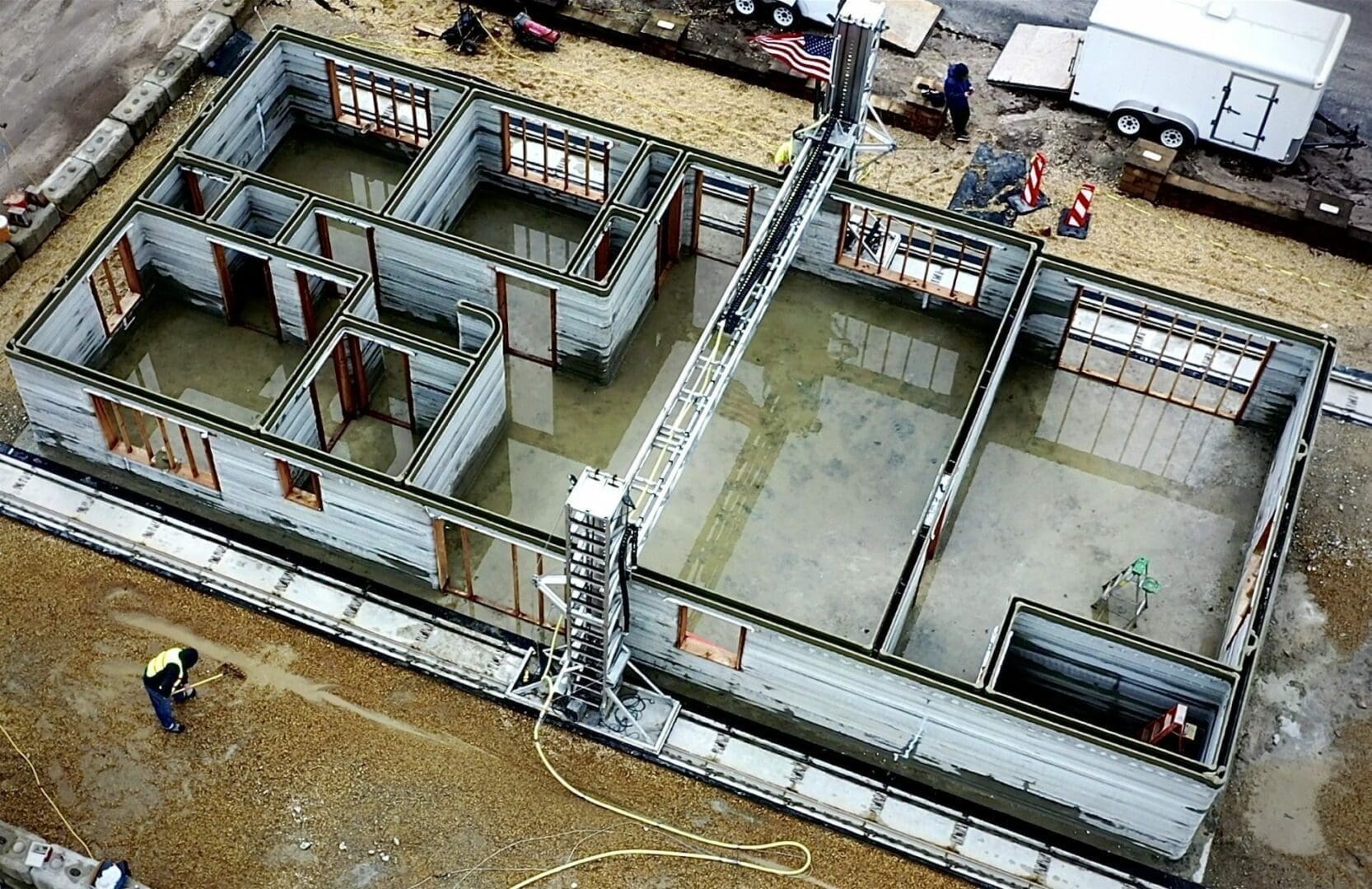Would you like to get notifications from Christian?
Artificial intelligence may have found a way to make concrete more sustainable. Concrete is the most popular building material in the world, but it comes at a cost to the environment: Cement, an essential ingredient in concrete, is responsible for 8 percent of global anthropogenic greenhouse gas emissions. But the early-stage results of a new study suggest that AI-powered formulas could reduce the carbon footprint of concrete by 40% while maintaining strength and durability.

As the world continues to urbanize at an unprecedented rate, the demand for concrete will only increase. And as concrete is responsible for a significant portion of global greenhouse gas emissions, finding ways to make it more sustainable is crucial. Concrete also has a large embodied energy, meaning the energy required to produce it. In order to make concrete more sustainable, researchers are turning to artificial intelligence. The early-stage results of this study suggest that AI may be able to help us meet that challenge.
AI can help to optimize concrete recipes by finding new ways to replace cement with other materials. This can reduce the carbon footprint of concrete without compromising its strength or durability. one such recipe was developed by Ozinga, a leading concrete supplier in the United States. The recipe was tested and refined before being used to build a data center in DeKalb, Illinois. The use of this AI-generated recipe represents a significant step forward in making concrete more sustainable and reducing its impact on the environment.

If concrete production becomes more sustainable, it will have a positive impact on the environment and the people who live on our planet. Less concrete production would mean less carbon dioxide emissions, which would help to reduce climate change. It would also mean less embodied energy in concrete, which would make it easier and cheaper to produce. This could have a positive impact on the construction industry, as well as on the people who rely on concrete for their homes and buildings.
The researchers behind this study are now working on developing a concrete recipe that can be commercialized. If successful, AI could help make concrete more sustainable, and reduce its impact on the environment.
Do you think AI can help to make concrete more sustainable? Let us know in the comments below.
Christian is a futurist and trendwatcher who speaks about the impact of exponential technologies like AI on organizations, people, and talents. Christian tailors his presentations to your audience's specific industries and needs.



Our world is changing at an exponential rate! A big tidal wave of digital transformation and disruption is coming at us fast. Many organizations see this wave as a threat and experience stress, but there are also organizations that just see this wave as an opportunity.

Imagine sitting with just 10-15 fellow executives at a premier location, gaining clarity on the impact of AI on your industry while enjoying an exquisite dining experience. These are not just meetings—they are transformative moments that will shape the future of your organization



In the future, 3D printing and generative design will allow for products to be designed in a more decentralized manner, and production will take place closer to the customer and fully on-demand. 3D printing technology will also allow for more customization and personalization of products.


The agricultural industry is ripe for disruption. Robotics, AI, and IoT are all technologies that have the potential to radically transform the way we grow food. In combination with vertical farming, these technologies could increase the efficiency and quality of agricultural products.

A human-centered society is one that puts people first and where technology is used to unite and empower people. It is a society that values biological life and dignity above all else. It is a society that recognizes the importance of human relationships and works to strengthen them. In a human-centered society, all members of the community are valued and treated with respect.


The future of healthcare is here. New technologies like AI, IoT, big data, and smart sensors make it possible to become the CEO of your own health. Imagine that your phone can listen to your voice and AI algorithms can detect small nuances in the tone of your voice that indicate specific diseases.
